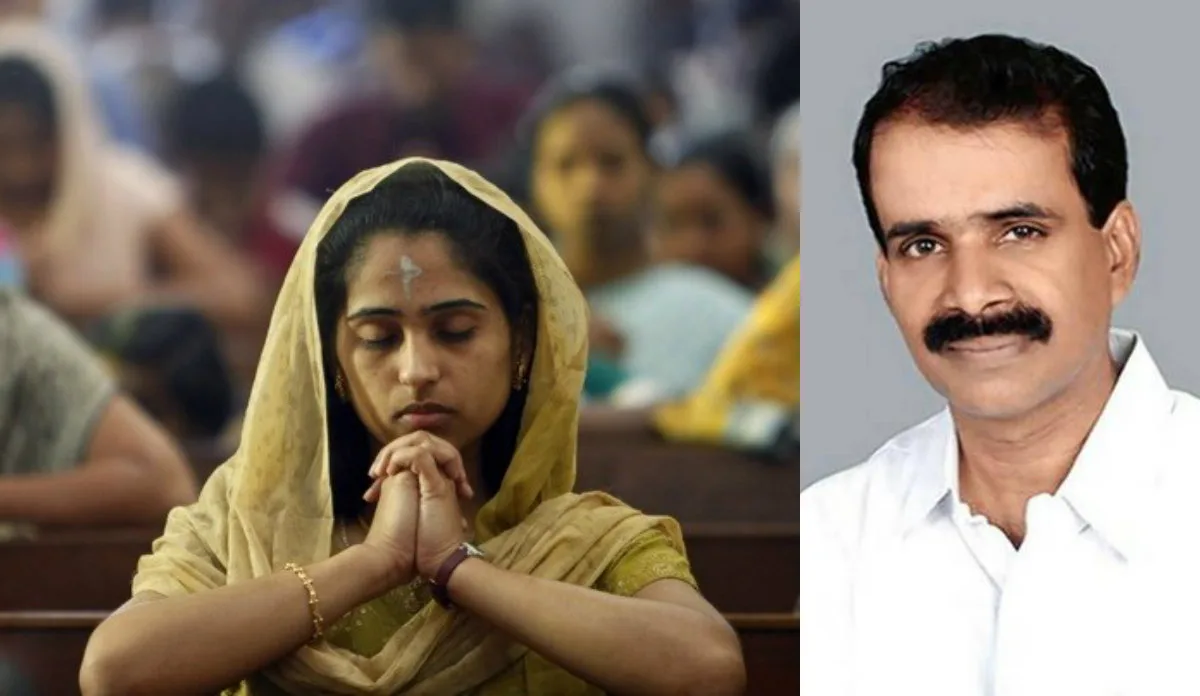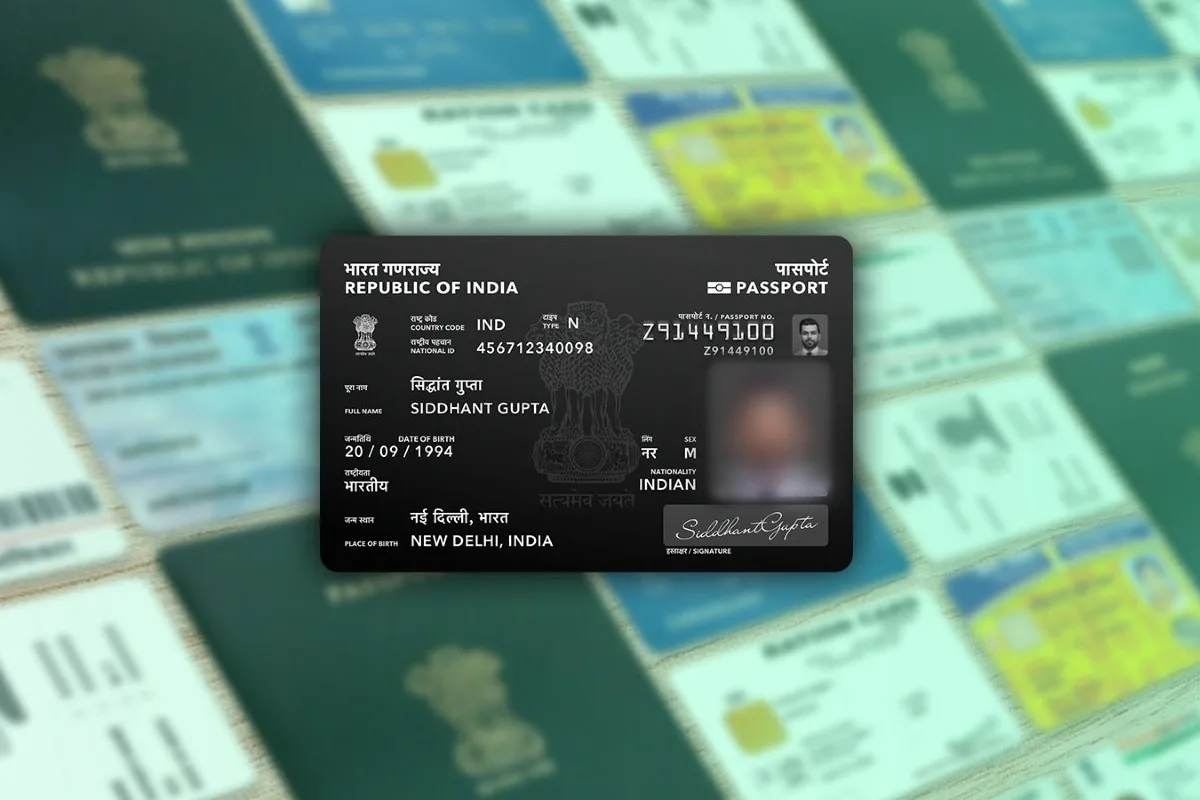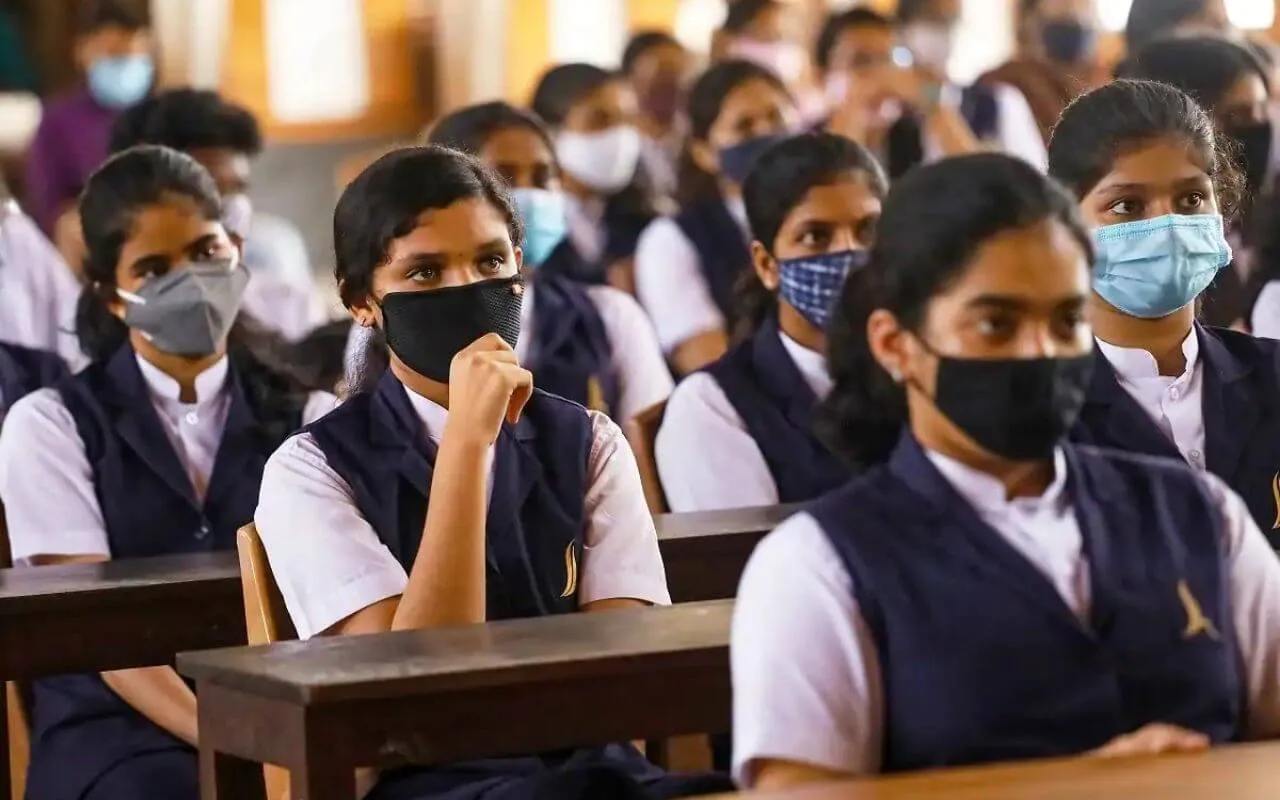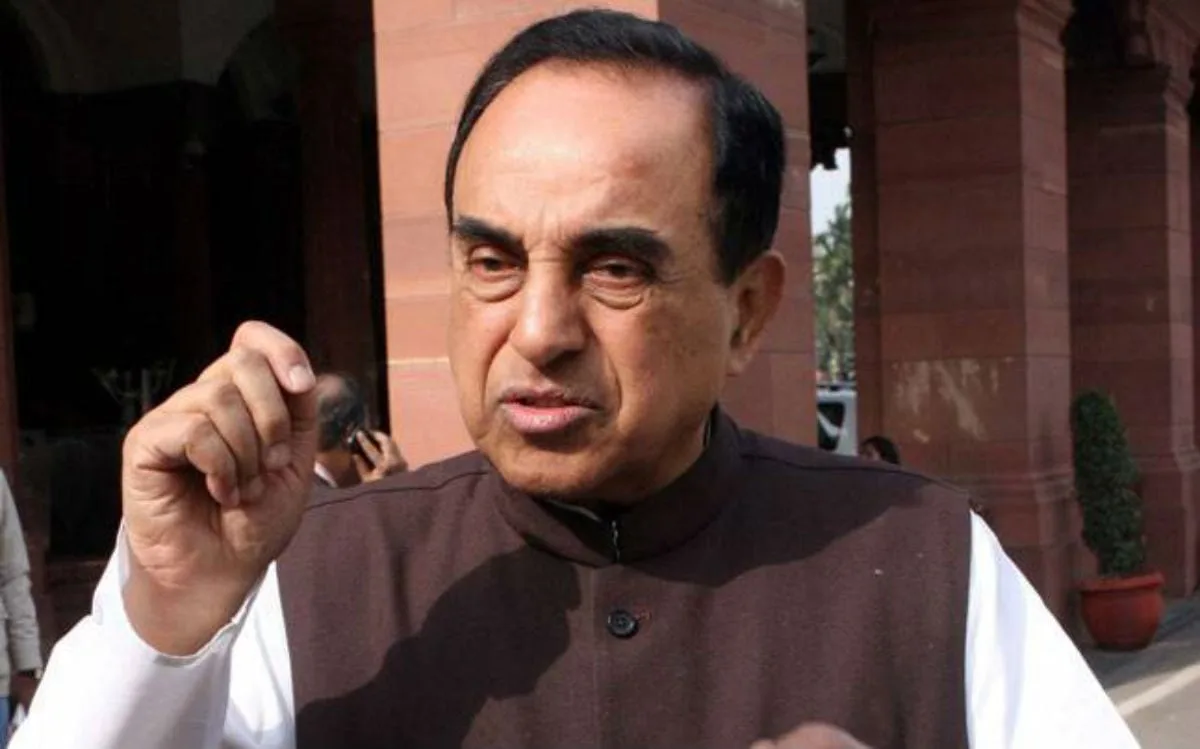There are a dispute and confusion about the CAA (Citizenship Amendment Act) across all the minority communities in the country some says it is good while others call it a threat to the Indian constitution. It is very difficult to point out as who is right and who is wrong here. Meanwhile, the Vice Chairman of National Commission for Minorities has clarified that the CAA is in favour of the Christians.
The CAB (Citizen Amendment Bill) has now turned into CAA (Citizenship Amendment Act) and everyone seems to be confused about the entire scenario and the most affected people are those who belong to the minority communities. All the political parties are trying to encash on this new controversy which is turned into complete chaos across the country.
According to the report published by the national daily The Hindu the national commission for Minorities has claimed that the Citizenship Amendment Ac is in favour of Christians. The sole Christian member on the board claimed that the CAA is being welcomed by the Christian community although some major church groups have yet to come with an agreement with the same.
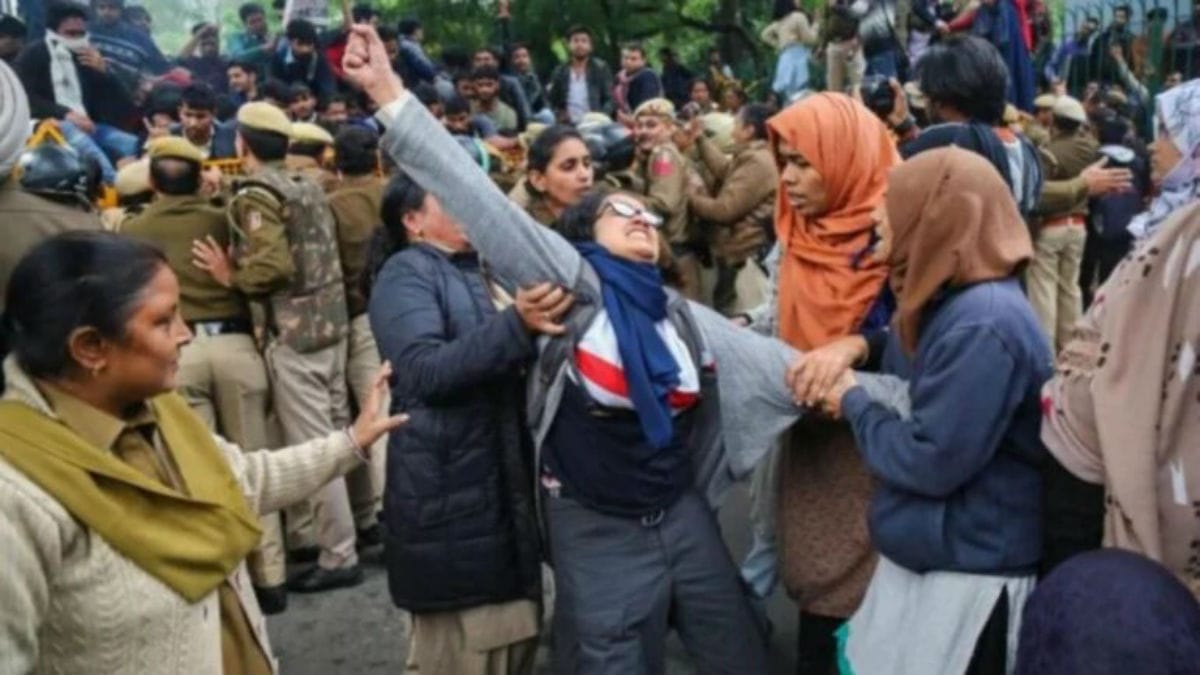
The report claimed that some church groups calling the Act contravenes the secular ethos of the Constitution and has “roused fears” among all minorities, Dalits and tribal people. Christians are among the six communities which are included under the law, as eligible for expedited citizenship if they are refugees from Pakistan, Afghanistan or Bangladesh. Muslims are the only major religious community left out of the Act.
“Citizenship Amendment Act is good for Christians and should be welcomed by all,” said George Kurian, the NCM Vice-Chairman, who has been a leader of the Bharatiya Janata Party in Kerala. He further claimed that he is in contact with all the Christian leaders of all denominations from across the county and they have welcomed the new move of Government. “They tell me ‘justice has finally been done to Christians who are victims of draconian blasphemy laws, religious conversions and abductions’,” he said.
There is one portion of the community that is opposing the Act is the National Council of Churches in India, an ecumenical forum of Protestant and Orthodox churches which represents 1.4 crore Indians, said it opposed the legislation, though it gave preference to Christians.
“Although Christians are included, we understand the exclusion of some categories of people within this Act is polarising communities based on faith and creed,” said the NCCI in a strongly worded statement on Tuesday. “Moreover, the Act underlines the message that religion is the criteria to remain a citizen in this country. This is in contravention to the fundamental principles of the Indian constitution.”
There is widespread protests carried out by the various student’s communities across the country which includes the North East and the government is taking all the possible measures to avoid any action of othering of the minorities to ensure a peaceful atmosphere in the country.
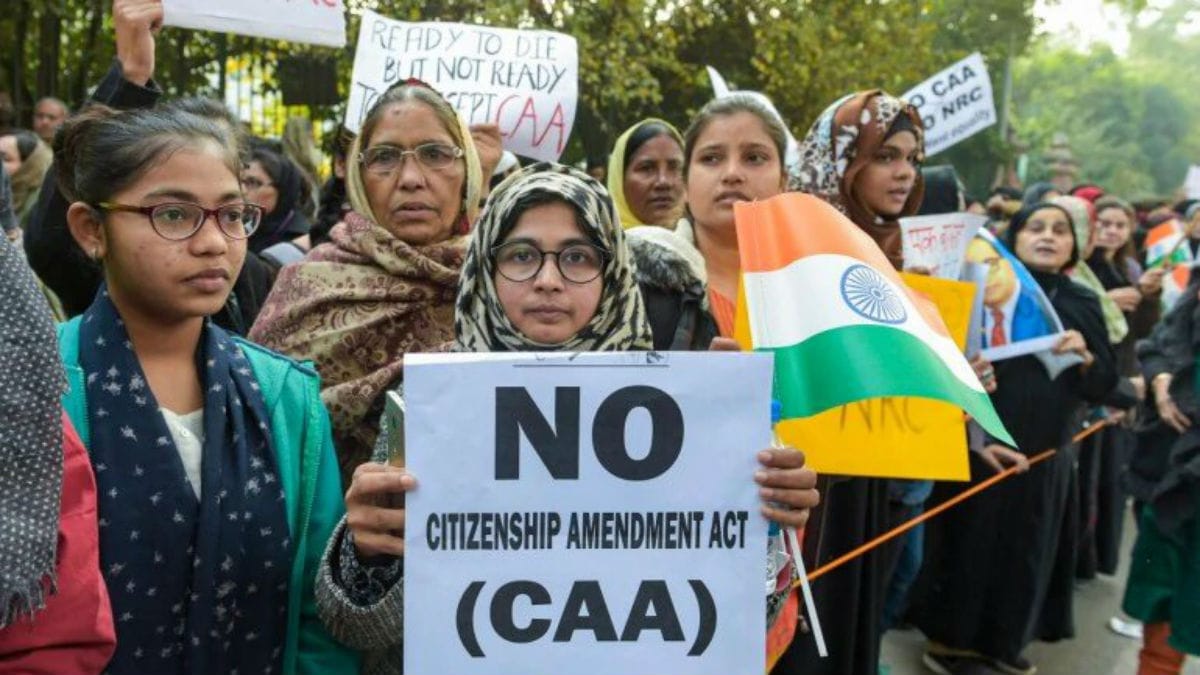
The major protest comes from the Evangelical Fellowship of India which claims the of sharing the nation’s concern which will result in impacting a large number of Indian Citizens. According to the sources EFI is a national alliance of evangelical Christians whose membership includes 54 Protestant denominations and more than 65,000 churches across the country.
In a statement on Monday, EFI said that the government’s recent actions had aroused fears among all minorities, tribals and Dalits. It warned of the “cumulative impact” of recent events in Kashmir, the “dangerous experiment” of the National Register of Citizens in Assam, the Citizenship Amendment Act and the threats to do away with the two seats reserved for Anglo Indians in legislative bodies.
”While the Prime Minister and Home Minister keep on assuring that the citizens need not fear, the pronouncements of political leadership and their frontal organisations, on the contrary, aggravate the fears,” said the statement, adding that the government should instead focus on restoring the peace and taking urgent steps to stabilise the economy, reduce prices and revive employment.

